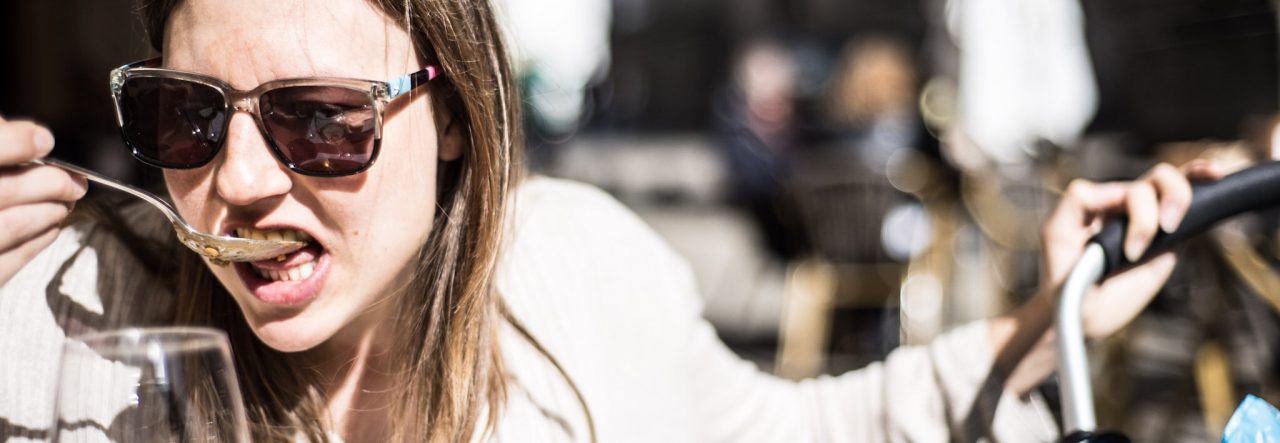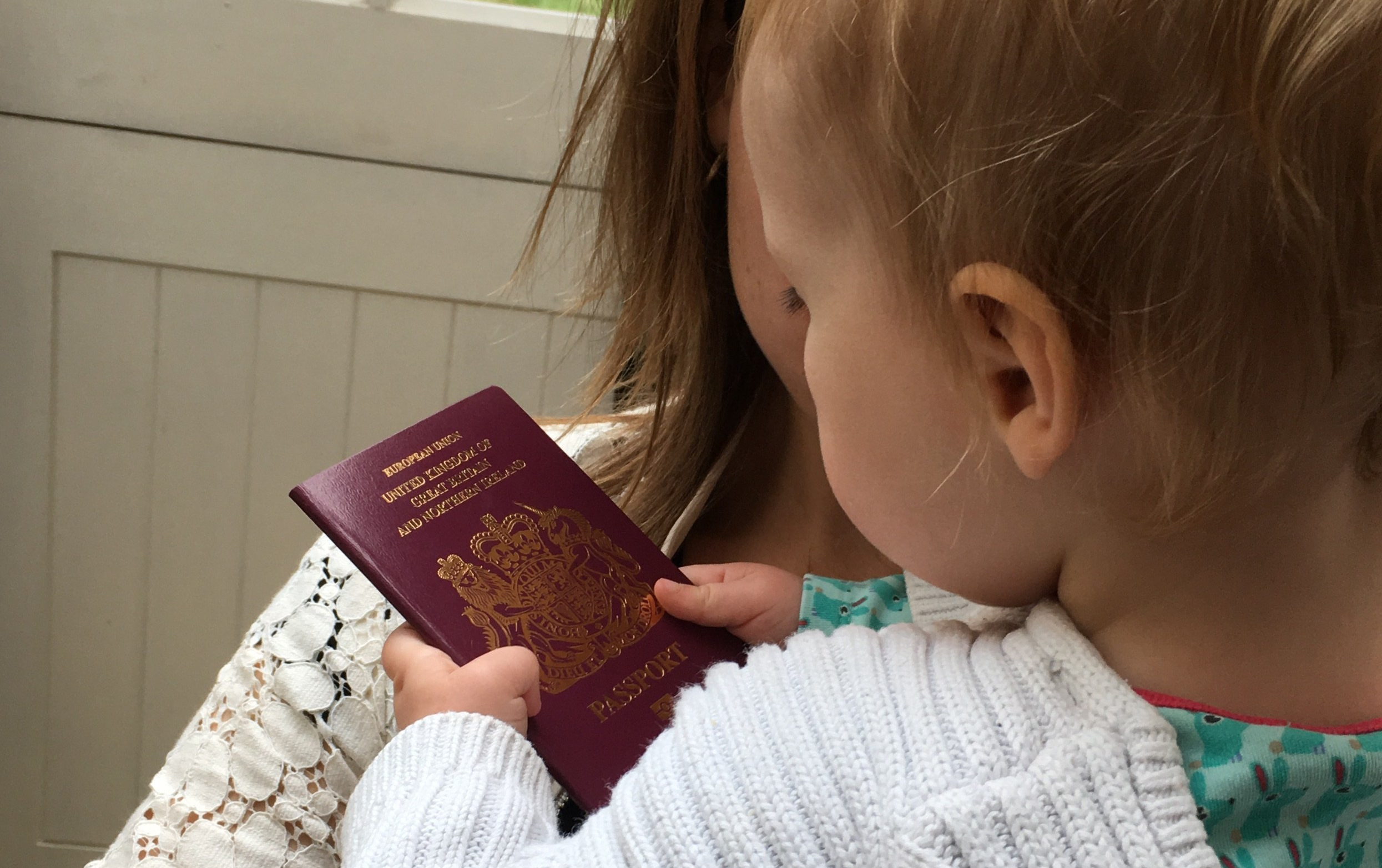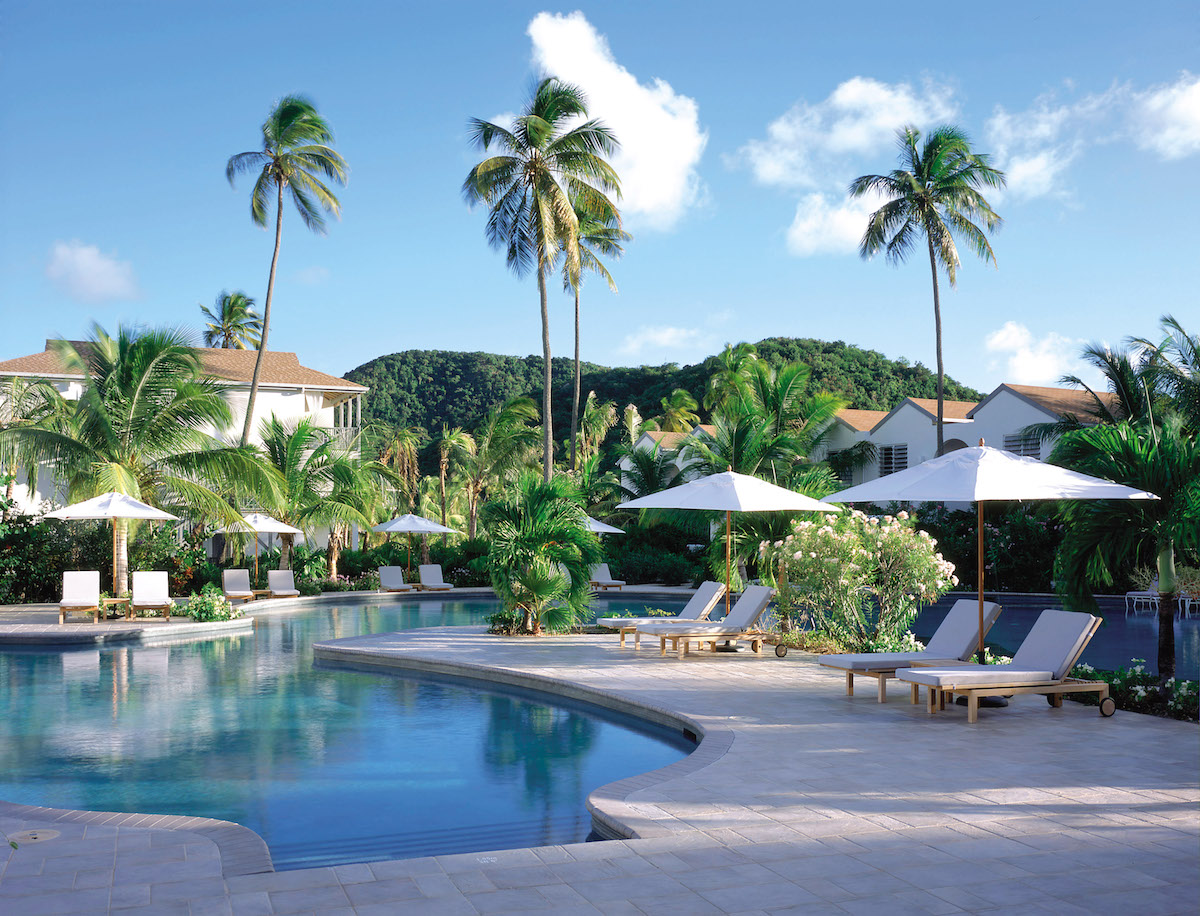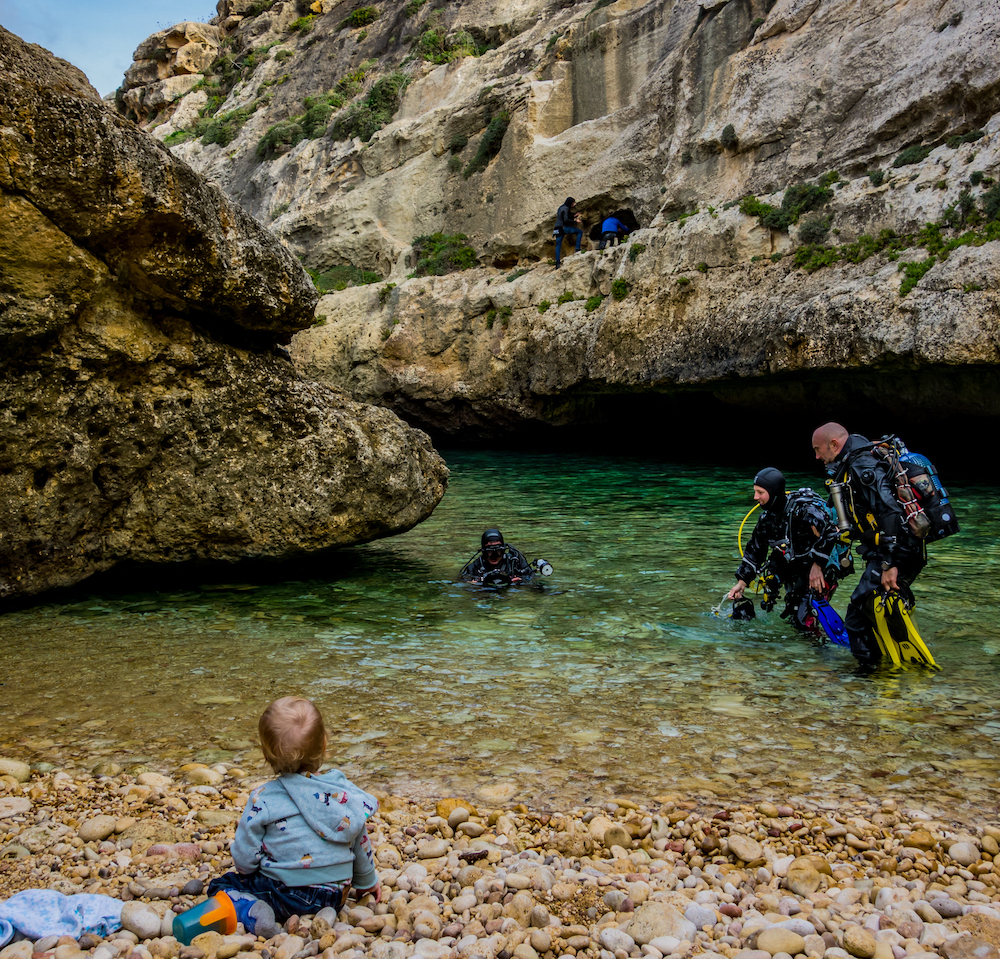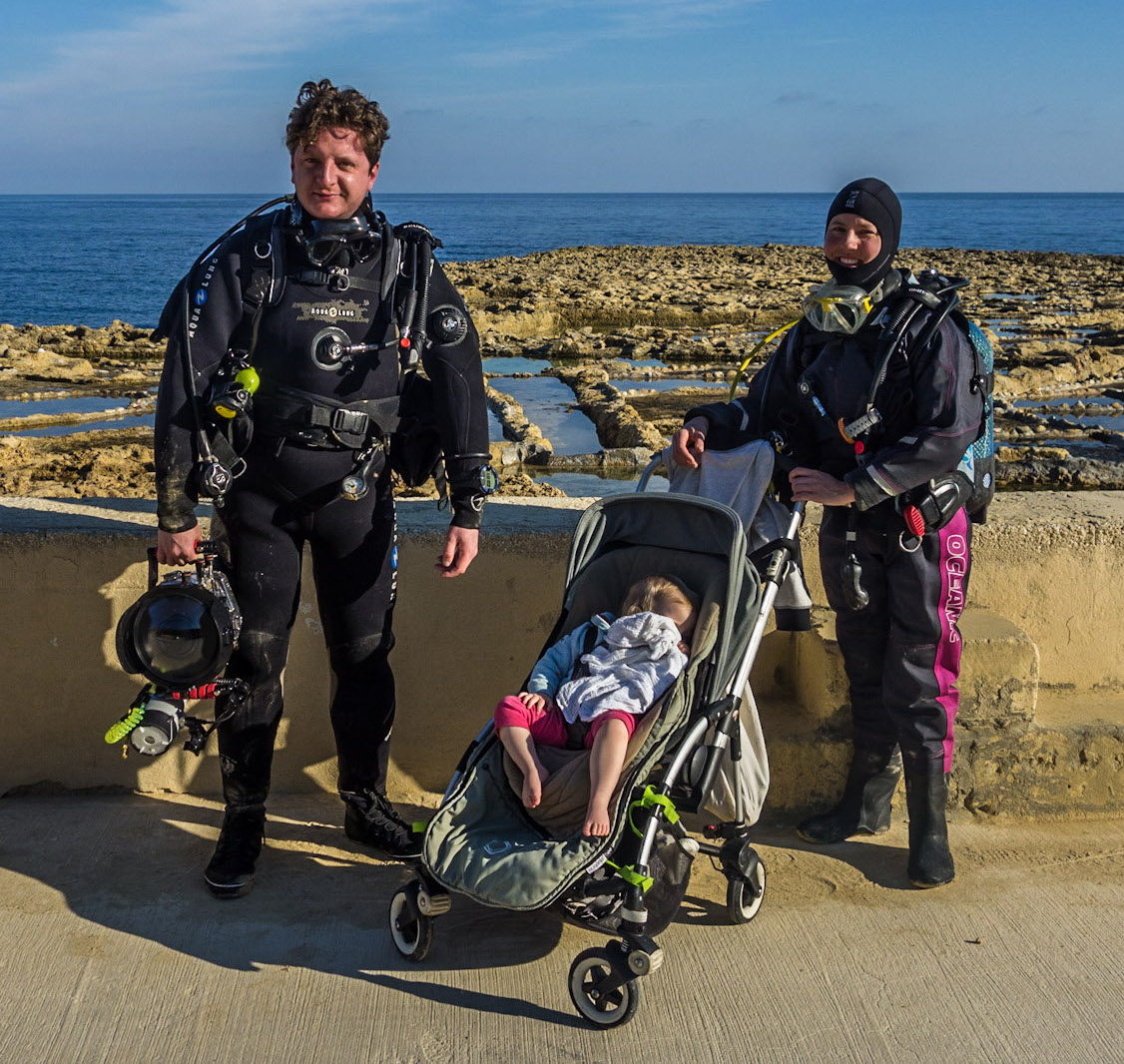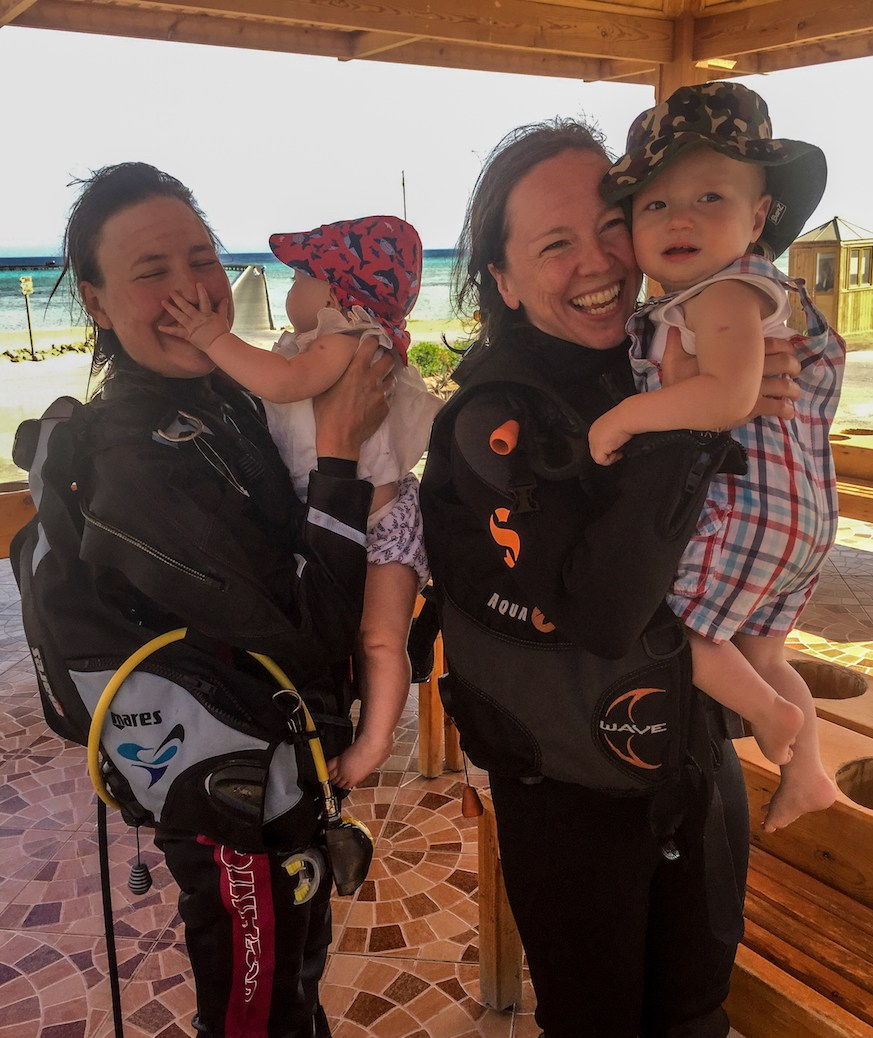Chances are, you’re either the sort of person that likes holiday resorts or you’re not. But even if you wouldn’t ever have considered staying at a resort pre-parenthood, now might be a moment to give a family holiday resort a spin. A resort won’t give you the sense of adventure and exploration that comes with independent travel but they certainly tick a lot of boxes in terms of convenience. Even for parents whose ultimate aim is to travel independently as a family, a stay at a resort can be a confidence booster, getting used to this whole new world of travelling with baby on board.
Amenities at family holiday resorts

One of the major benefits of a family holiday resort is knowing that all your most immediate baby travel requirements will be met. The resort will have enough high chairs and cots to go around, for example, as well as well designed baby change facilities, and staff used to dealing with new parents. It’s still important to book a cot in advance though, and double check any other baby amenities before you travel, for your peace of mind if nothing else.
Babies and toddlers don’t tend to be terribly fussy about beaches – as long as it’s got sand to dig in or rocks to pile up, they’re happy. As a new parent however there are certainly benefits to the sorts of amenities and services on hand that come as standard at family holiday resorts.
Umbrellas, sun loungers and boardwalks across the sand (useful for pushchair access), for example, all make hanging out with a baby on a beach that bit easier. In addition there’s the fact that a lot of family holiday resorts boast beaches that are particularly suitable for small children, with gentle surf and soft sand that slopes gently down to the water.
For those moments when a trip to the beach feels like too much effort, a resort swimming pool can be a tempting proposition. The water in an unheated, outdoor pool may not be warm enough for very small babies, but you can bring a inflatable baby paddling pool to fill and leave in the sunshine to warm up.
Kids’ clubs and babysitting at family holiday resorts

Kids’ clubs used to be limited to older children but increasing numbers of family holiday resorts now offer childcare for the under-2s too. Some even throw it in for free if you travel in the off-season. Provision varies a lot depending where you’re travelling to – resorts in Europe and the Caribbean are much more likely to run creches for under-2s. Elsewhere, kids’ club for children aged 4-and-up is more usual. Even if there’s no dedicated creche for under-2s at your resort, you might be able to hire a babysitter to look after your baby at their kids’ club for older children.
Childcare on tap means you’ll have the time not just to catch up on your reading, but to try some of the pursuits laid on at holiday resorts, from scuba diving to spa treatments.
Meals at family holiday resorts
As discussed in my post on baby hotel room hacks, self-catering accommodation is almost always going to be easier than staying somewhere without a kitchen if you’re travelling with a baby or toddler. That said, it’s not difficult to find resorts — particularly those marketing themselves as family-friendly — where a kettle, fridge and even a microwave come as standard in-room amenities. You might not be able to make a gourmet feast for your little one with just these tools on hand, but she’s certainly not going to starve. You, meanwhile, can enjoy having someone else cook for you at the resort’s various restaurants – meals your baby will also be able to sample, if she’s weaned.
Hotel buffet restaurants are particularly handy for new parents because you can take turns holding the baby and eating, one of getting a plate of food while the other one takes over. It may not be the romantic holiday meal you’ve ever eaten, but at least no one is left with a plate of food getting cold in front of them. Hotel buffets are also quite exciting environments for little ones – bright lights, piles of fruit and chefs in tall hats entertaining in themselves if your baby needs a break away from the table.
Potential downsides of family holiday resorts

The privacy that comes with a remote location is often one of the selling points of a resort but being in an entirely self-contained environment can have its downsides too. Does your chosen resort have any reasonably priced shops nearby, where you can pick up essentials like formula, nappies and ready-made baby food? If not, you’ll need to pack absolutely everything you might need for the duration of your stay, or be prepared to spend a fortune on overpriced supplies.
While your resort itself might be easily accessible with a pushchair, you can’t assume the same of the area around it, particularly in destinations in the developing world. If you’re happy to stay in the resort for the duration of your holiday, that’s not an issue, but parents who think they might like to do some exploring will need to factor that into their planning.
Packing a sling or backpack carrier is an easy workaround, allowing you to leave the pushchair in the resort while you venture further afield on foot. If you’ll be doing any journeys by taxi, a child car seat is another essential. (A family holiday resort should be able to provide one for airport transfers or recommend a cab company that can do so but you’ll need to check in advance.)
